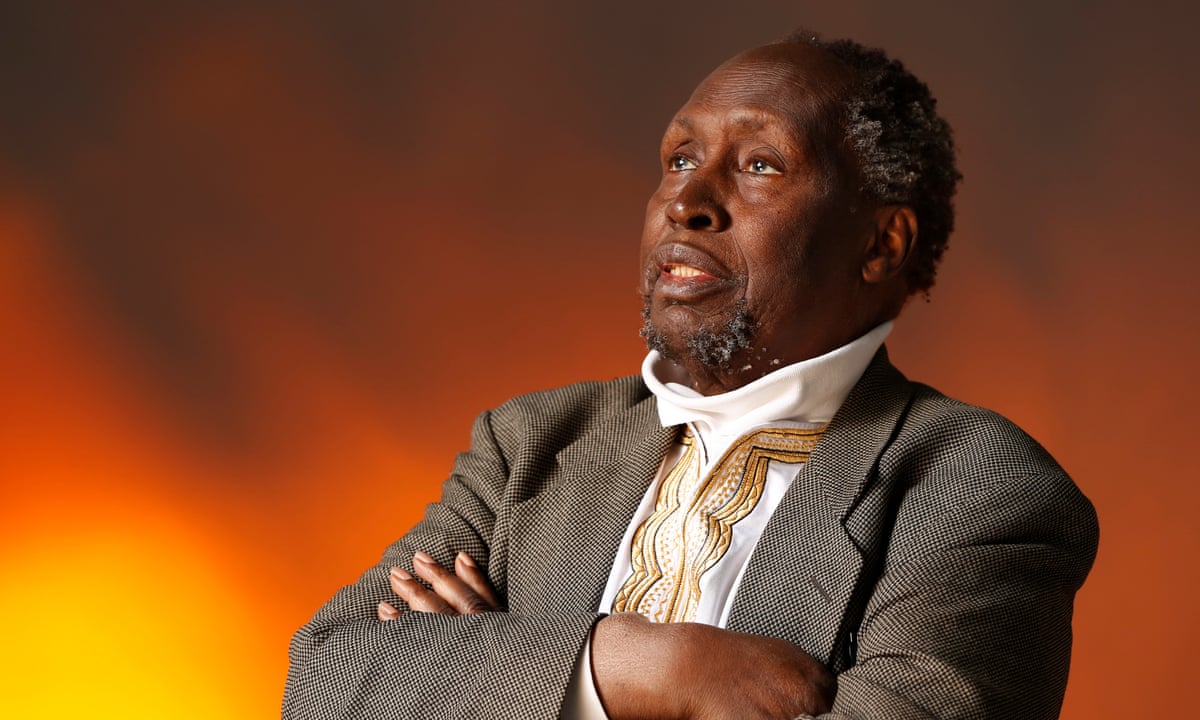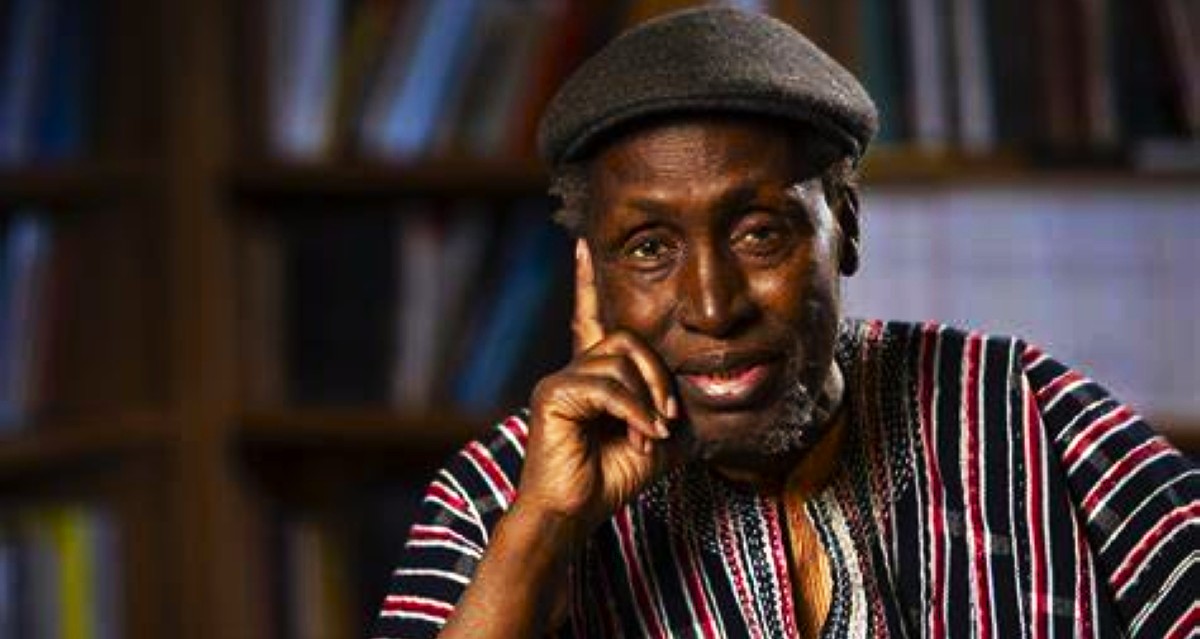Ngũgĩ wa Thiong’o, one of the most influential figures in African literature, passed away aged 87, leaving behind a monumental legacy that reshaped how African stories are told. From his early days under British colonial rule in Kenya to becoming a fearless advocate for literature written in native African languages, Ngũgĩ’s life and work spanned over six decades of relentless creativity and activism.
The Early Life and Literary Beginnings of Ngũgĩ wa Thiong’o

Born James Thiong’o Ngũgĩ in 1938 in Limuru, Kenya, Ngũgĩ grew up amid the turbulence of colonial oppression. His family, part of Kenya’s Kikuyu community, endured the brutal Mau Mau uprising crackdown in the 1950s, which deeply influenced his worldview. His brother Gitogo’s tragic death during this period marked a profound personal loss.
Ngũgĩ’s education at Alliance High School and later Makerere University in Uganda exposed him to pan-African intellectual circles. It was at Makerere that Nigerian literary giant Chinua Achebe recognized Ngũgĩ’s talent and helped him publish his debut novel, Weep Not, Child (1964) — the first major English-language novel by an East African author.
Champion of African Languages and Cultural Decolonization
By the late 1970s, Ngũgĩ had made a pivotal decision that would define his literary and political legacy. He shed his colonial English name and embraced his Kikuyu identity by adopting the name Ngũgĩ wa Thiong’o. Alongside this, he vowed to write exclusively in Kikuyu, challenging the dominance of European languages in African literature.
His 1977 novel, Petals of Blood, sharply critiqued post-independence Kenyan elites, highlighting themes of inequality and betrayal. The same year, his play Ngaahika Ndeenda (“I Will Marry When I Want”) exposed social injustices, leading to his imprisonment without trial by the Kenyan government.
While in prison, Ngũgĩ wrote Devil on the Cross, reportedly on toilet paper, exemplifying his resilience and commitment to cultural freedom. His seminal essay collection, Decolonising the Mind, further cemented his status as a thought leader advocating for African literary sovereignty.
Exile, Return, and Enduring Influence

After release, Ngũgĩ entered self-imposed exile, living in the UK and the US for over two decades. He held academic positions at prestigious institutions such as Yale and the University of California, Irvine, while tirelessly promoting African languages in literature and education.
Ngũgĩ’s return to Kenya was met with widespread acclaim, though marred by a violent attack on him and his wife, which he described as politically motivated. Despite personal and health struggles, including cancer and heart surgery, Ngũgĩ remained a towering figure in literary and cultural discourse.
Legacy and Impact on African and Global Literature
Ngũgĩ wa Thiong’o’s impact goes beyond his novels and plays. He challenged imperialistic narratives by insisting African stories be told in indigenous languages, a move that has inspired generations of writers and activists across the continent.
Though often considered a perennial contender for the Nobel Prize in Literature, Ngũgĩ’s legacy is measured by his profound influence on post-colonial literature and his unwavering advocacy for cultural identity and freedom.
As Nigerian writer Chimamanda Ngozi Adichie once said, Ngũgĩ was truly “one of African literature’s guiding lights.” His passing leaves a void, but his stories and principles will continue to inspire readers and writers worldwide.